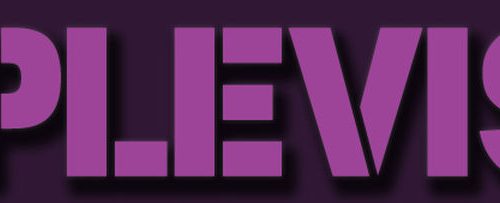The Cakewalk-Turned-Race-Against-Time To Obtain A Work Placement
“Hi Alex
Sorry but we are not currently looking for a work placement. We appreciate your interest in our company and will keep your details on file.
Yours Sincerely …”
An example of a typical rejection
Over and over again, new rejection emails infested my inbox. With each one, a gnawing sense of dread grew as post-production companies sent their negative responses. Failure to obtain a work placement would mean failure to obtain a great opportunity to enhance my filmmaking skills and improve my future career prospects. Fortunately, acceptance eventually came in the form of Humanity Cosmetics, putting my mind at ease for the time being. So far, the stress of finding a placement has exceeded all other accepts. Hence, I have chosen to self-appraise using the six-step Gibbs’ reflective cycle (1988:49).
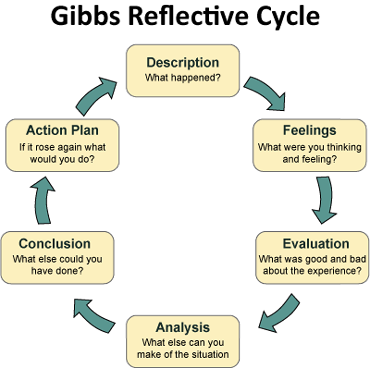
An Eye-Opening Summer
My chosen career is in film/video editing, meaning my placement applications were for post-production companies and editing houses. Starting research in mid-July, websites like Prospects (2022) and Screenskills (N.D.) gave insight into what entry-level editors can expect. My preferred choice was Ka-Boom TV because their stellar combination of skills and technology satisfied my desire to experience working in a professional post-production environment. Overly confident in my portfolio and CV, I wrongly believed that this whole process would be a metaphorical cakewalk. To prepare myself for postgraduate job-hunting next year, I aimed to simulate how this process would work in a professional scenario by minimising help from others. Ka-Boom sent their rejection after some weeks passed by. By this point, I had expected as much, and in disheartened anticipation, had already emailed other companies. Still, no acceptances received. More research conducted. More companies emailed. More rejections received. As the new semester loomed ever closer, a race against time began to secure a work placement, or else lose out on this excellent opportunity.
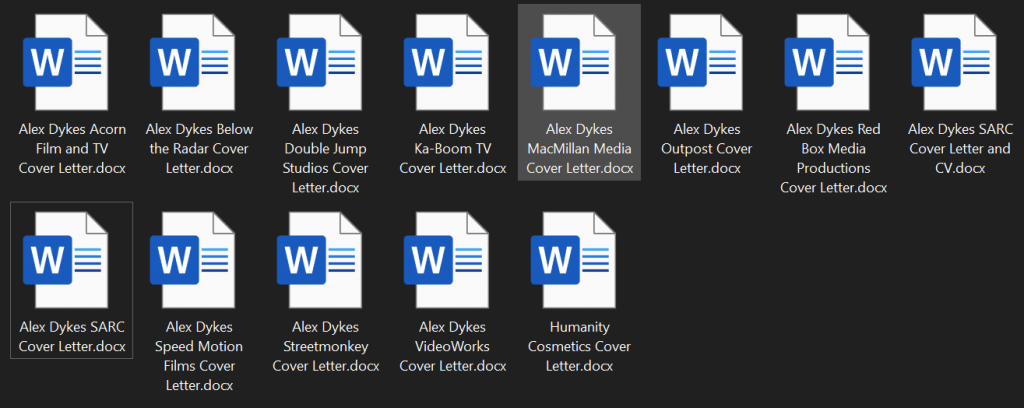
A rejection from my second preference Outpost finally pushed me to give up emailing and prioritise phone calls. However, it seemed too late to make much impact as the rejections continued into September. The overconfidence I had begun with had long since crumbled. Not wanting to miss out on a placement, I was now stressing over my predicament, fearing the increasing likelihood of a module change to something less practical-oriented. Losing out on a work placement opportunity like this would be detrimental to my postgraduate career development. The constant rejections implied that potential employers may have felt that I had too little experience for them, although this is only speculation. The lack of critical feedback was particularly grating, limiting improvements for my applications elsewhere.
The situation was finally resolved after receiving help from the module convenor in early September. Subsequently, I was offered a role at Humanity Cosmetics to produce online promotional content. I accepted the placement, grateful to have secured something, and determined to make the most of it. There is no “bad” quality work experience as all experiences in life come with lessons (Herbert and Rothwell, 2005:27). My new pseudo-freelancing social media role for a cosmetics company includes filmmaking responsibilities outside of editing. It is not what I originally wanted out of this module. It lacks the opportunity for experiences and networking found in the post-production companies I had previously contacted. Nonetheless, unlike my Ka-Boom expectations, this placement is more fluid with freedom to film and edit according to my own schedule, allowing for self-managed learning (Cunningham et al., 2004:88).

My early job-hunting strategy prioritised emailing over phoning. This may have given the wrong impression to potential employers. I have now recognised how important it is to demonstrate passion in the job application process, as highlighted in a TSS article (2019) on the subject. Additionally, Fanthome (2004:28) commented on needing to directly phone companies as a first step, since this is an instrumental action that demonstrates deeper interest in them. I deliberately ignored such warnings and relied solely on email. At the time, I knew well enough that this was probably not the best decision, but still did not go down the route of awkward phone calls. Shyness and anxiety when phoning strangers also impacted my communication with companies, which Gregory et al. (2008:27) cite as among the most popular skill desired by recruiters. Yet, Herbert and Rothwell (2005:26) describe how students must be adaptable in order to keep up with change and find success. My inability to move past my own flaws and use proven methods only sabotaged my efforts, and is a major area for improvement. Fanthome accurately predicted that I would only waste my time by submitting CVs and cover letters without phoning first.
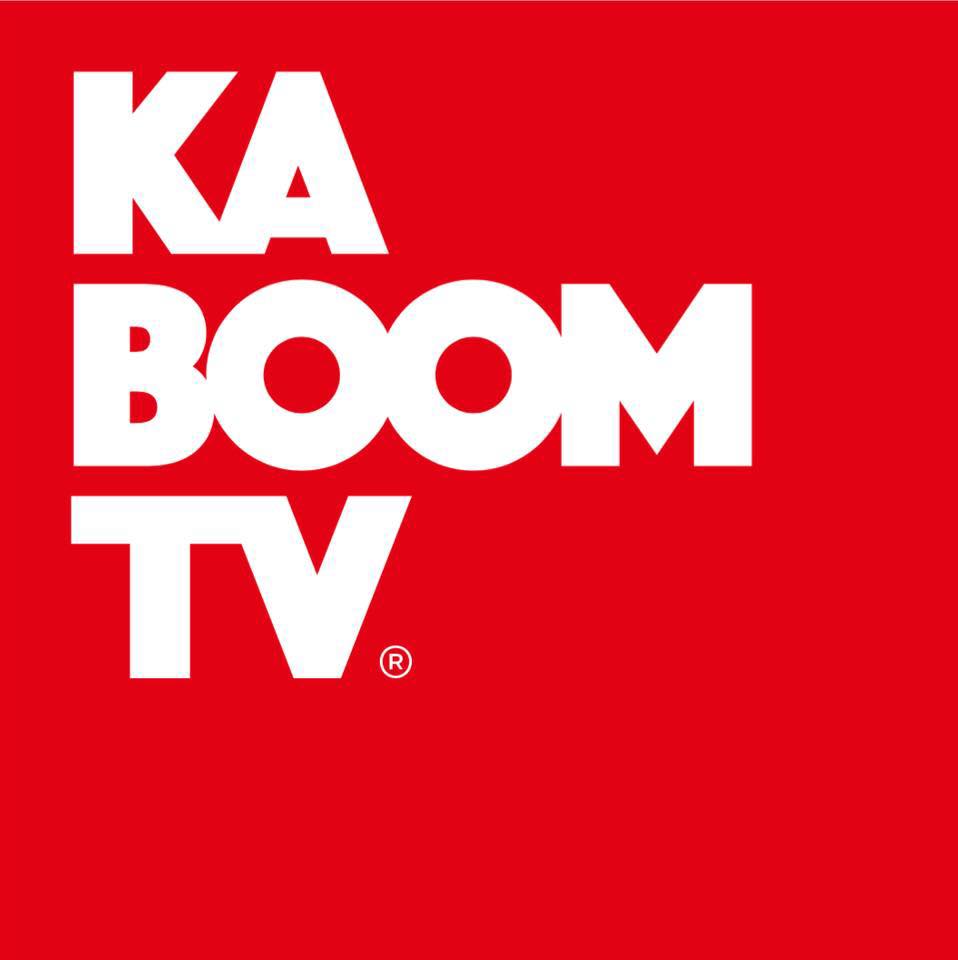

Conclusions
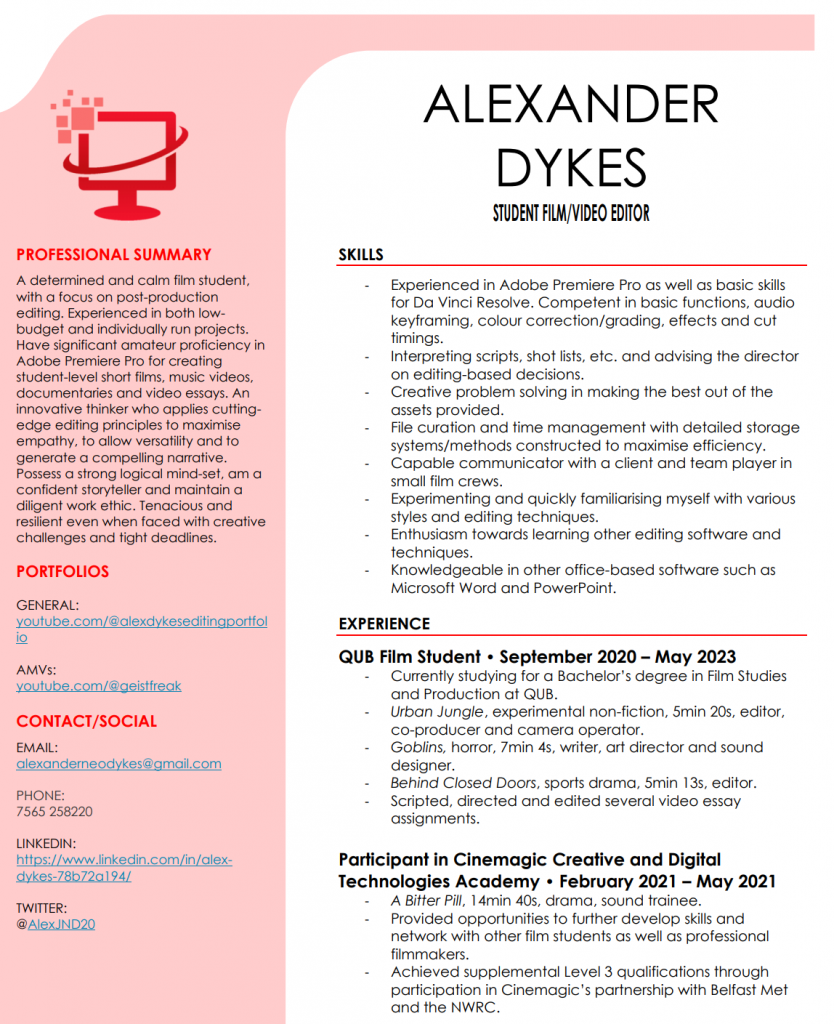
Ultimately, Gibbs’ cycle has revealed my shortcomings and helped pose solutions to the resultant issues. The crux of my case was born from stubbornness and overconfidence towards doing things my way in a process where the employers determine the rules. The few phone calls that were made have provided beneficial practice for next year’s job-hunting, although more is required to get over the shyness issue. The sole reliance on e-mail resulted in poor first impressions. From the employers’ perspective, if I wanted a work placement at Ka-Boom, Outpost, etc. so badly, I should have communicated appropriately from the very beginning. By following this strategy, I may have stood a better chance at working in those companies, and gaining the experiences I initially desired.
After graduation, the experience of placement-hunting and the knowledge gained will be useful in entering the film industry on a professional level with more realistic expectations. Being more open-minded to others’ solutions and methods could prove to be the difference between success and failure. Between now and then, I can work on open-mindedness to others’ advice in situations outside of job-hunting to get into habits of good practice. If the same situation happened again, then these actions could certainly make quite the difference.
Bibliography
Cunningham, Ian, Dawes, Graham and Bennett, Ben. (2004) The Handbook of Work-based Learning. Aldershot: Gower.
Fanthome, Christine. (2004) Placements: A Survival Guide for Students. Basingstoke: Palgrave Macmillan.
Gibbs, Graham. (1988) Learning by Doing: A Guide to Teaching and Learning Methods. Oxford: Oxford Polytechnic.
Gregory, Georgina, Healy, Ros and Mazierska, Ewa. (2007) Careers in Media and Film: The Essential Guide. Los Angeles: Sage.
Herbert, Ian and Rothwell, Andrew. (2005) Managing Your Placement: A Skills-based Approach. Basingstoke: Palgrave Macmillan.
Prospects. (2022) Film/Video Editor, Available at: https://www.prospects.ac.uk/job-profiles/film-video-editor (Accessed: 14 November 2022).
ScreenSkills. (N.D.) Editor (Film and TV Drama), Available at: https://www.screenskills.com/job-profiles/browse/film-and-tv-drama/post-production/editor-film-and-tv-drama/ (Accessed: 14 November 2022).
Turesol Staffing Solutions. (2019) Why Passion is the Most Important Credential When Looking for a Job, Available at: https://www.turesol.com/passion-when-looking-for-a-job/ (Accessed: 18 November 2022).
You May Also Like

Securing a Placement: An Observation in Timing and Luck
25 November 2022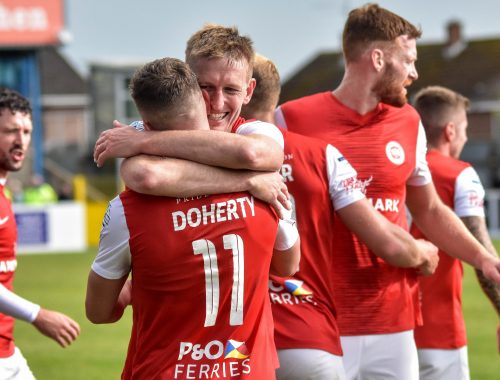
Football: A Marketing Tug of War
25 November 2022